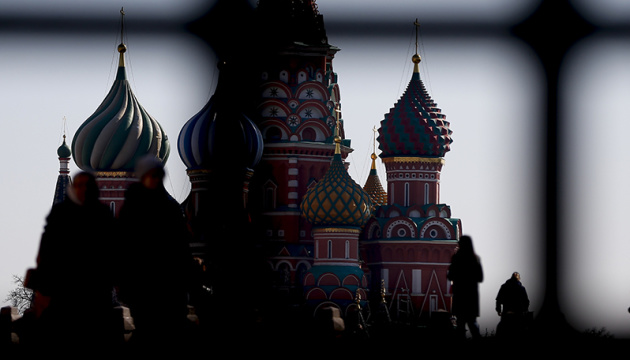The Financial Action Task Force (FATF) did not announce measures to counter Russia’s risks to the global financial system during its plenary last week, said the Ministry of Finance of Ukraine.
According to the ministry, Russia provided $1 bn to the Wagner mercenaries group from the state budget during the last few months and intensified arms trade and commercial ties with FATF-blacklisted countries – Iran and North Korea.
The aggressor country has also stepped up attempts to blackmail FATF-member states to side with them in violation of FATF’s rules-based processes, the ministry stated.
“Russia’s threat to the international rule of law continues to increase day by day. The longer we go without countering this threat, the more we invite Putin to intensify illicit activities, finance terrorist entities, and engage in illegal arms trading. Ukraine will continue to call for further action from FATF to counter Russia’s risks and to protect the global financial system,” said Finance Minister of Ukraine Sergii Marchenko following the conclusion of the FATF plenary.
The Ministry of Finance said Ukraine and its allies would continue to urge further action against Russia’s increasing risks to international financial security and work to achieve a stronger response by FATF to the Kremlin’s “blatant violations” of its standards.
The Financial Action Task Force (FATF), or Groupe d’action financière, is an intergovernmental organization established in 1989 at the behest of the G7. It was created to formulate strategies for combating money laundering and preserving vital financial interests. In 2001, its scope was broadened to encompass the prevention of terrorism financing.
Related:
- Sanctions lawyer: Dutch firms get slap on wrist for Crimea bridge work
- How Putin’s Crimean bridge grew over 2016-2017 – satellite images
- Scandal as Dutch companies help build bridge to occupied Crimea, violating sanctions
- The $ 300 billion question: Why the West does not confiscate Russian frozen assets despite Ukraine war
- Reuters: Dutch prosecutor fines four companies for helping Moscow build Crimean bridge
- How Siemens chose to ignore the obvious. An investigation into the Crimean sanctions break




